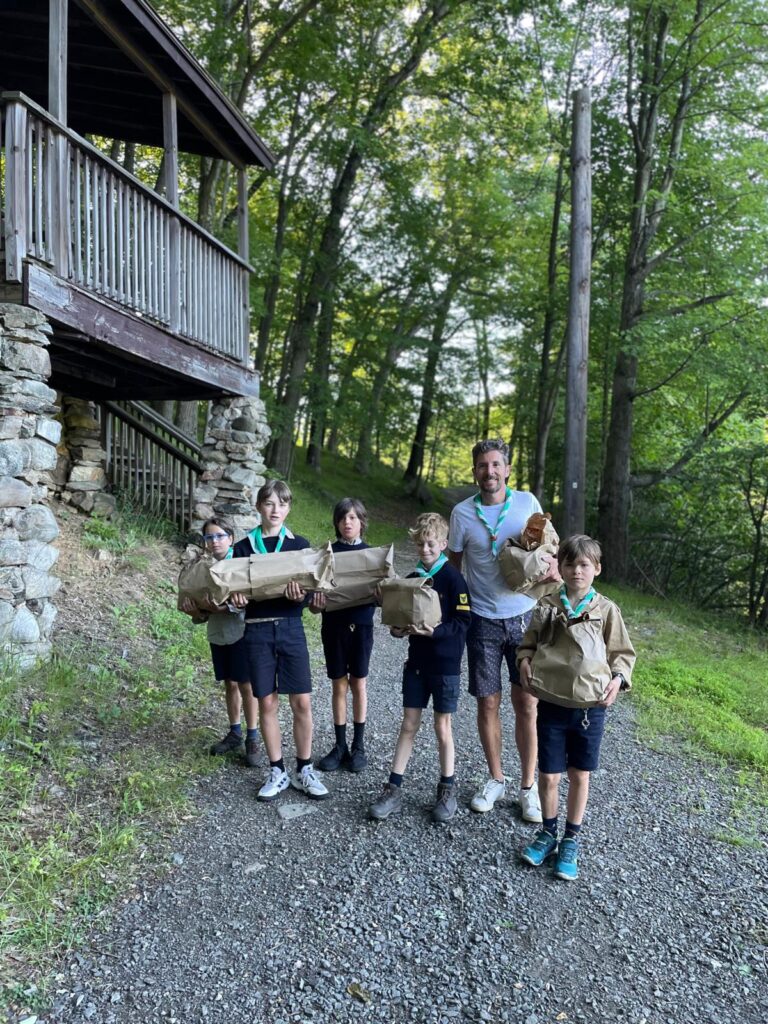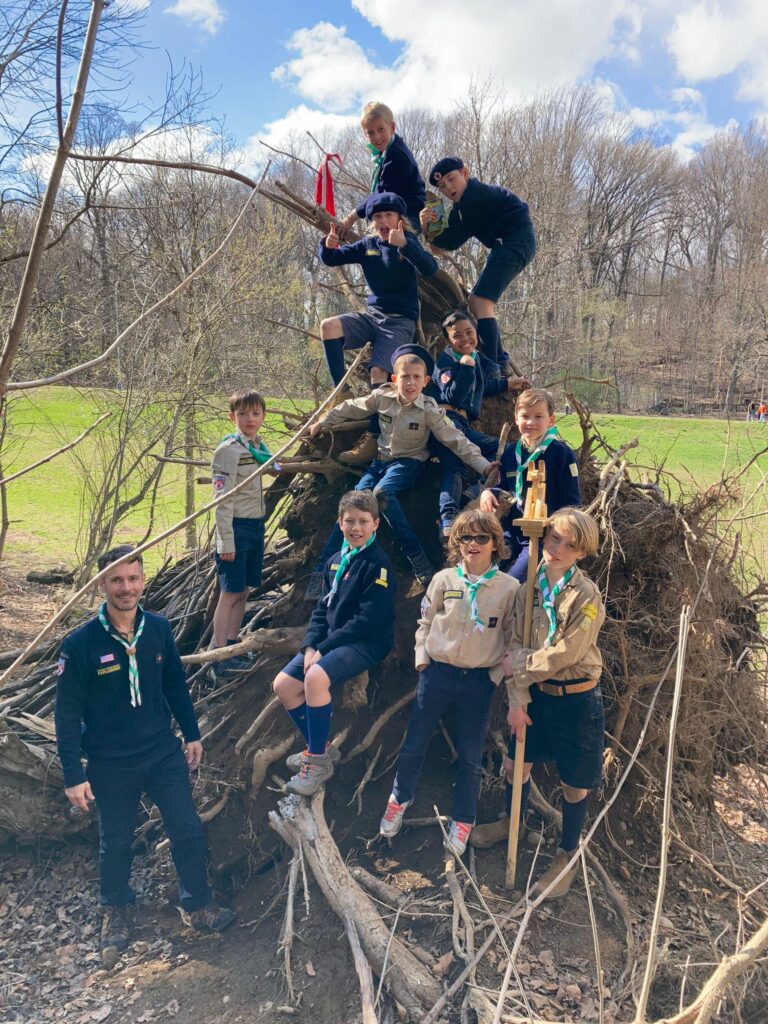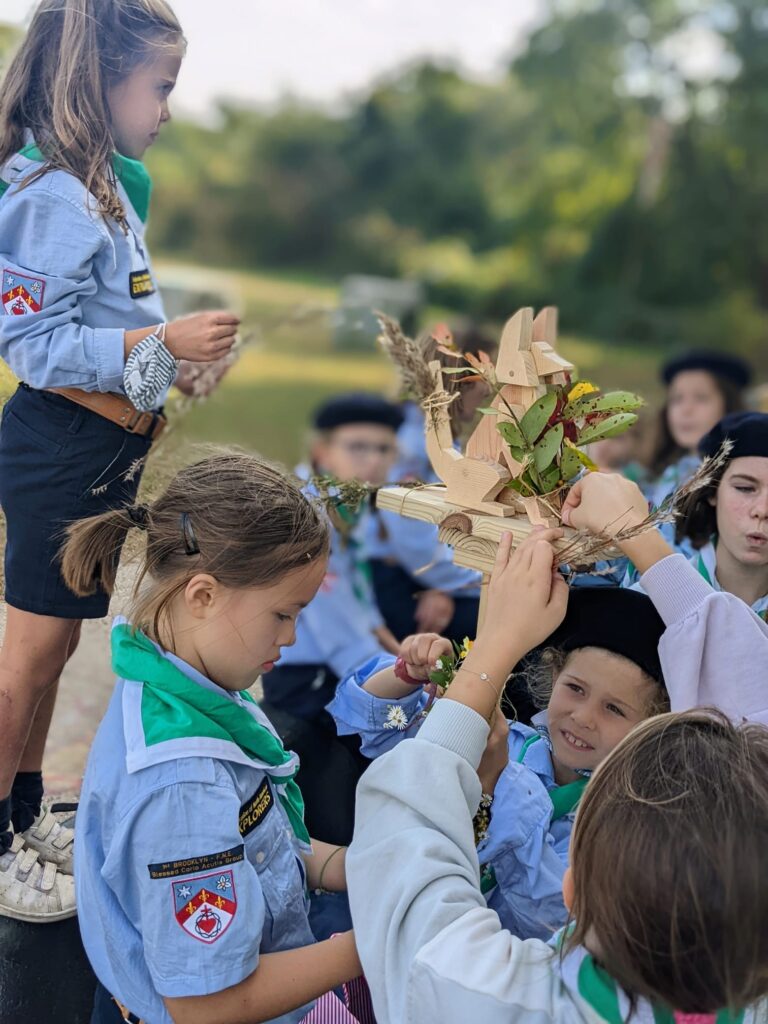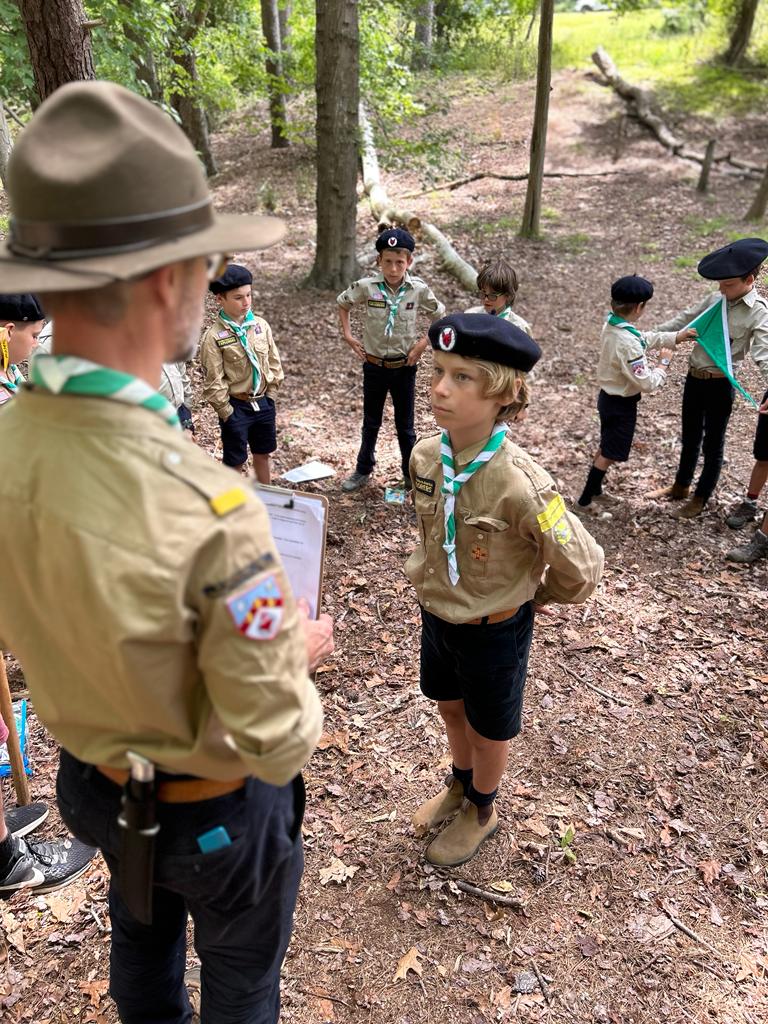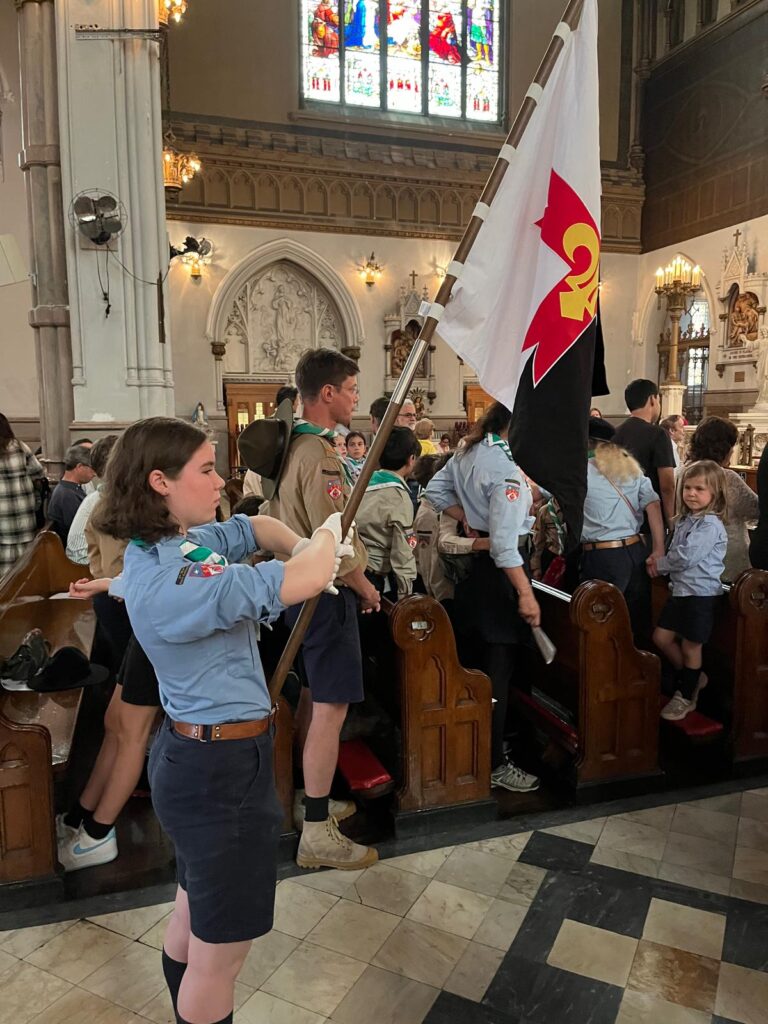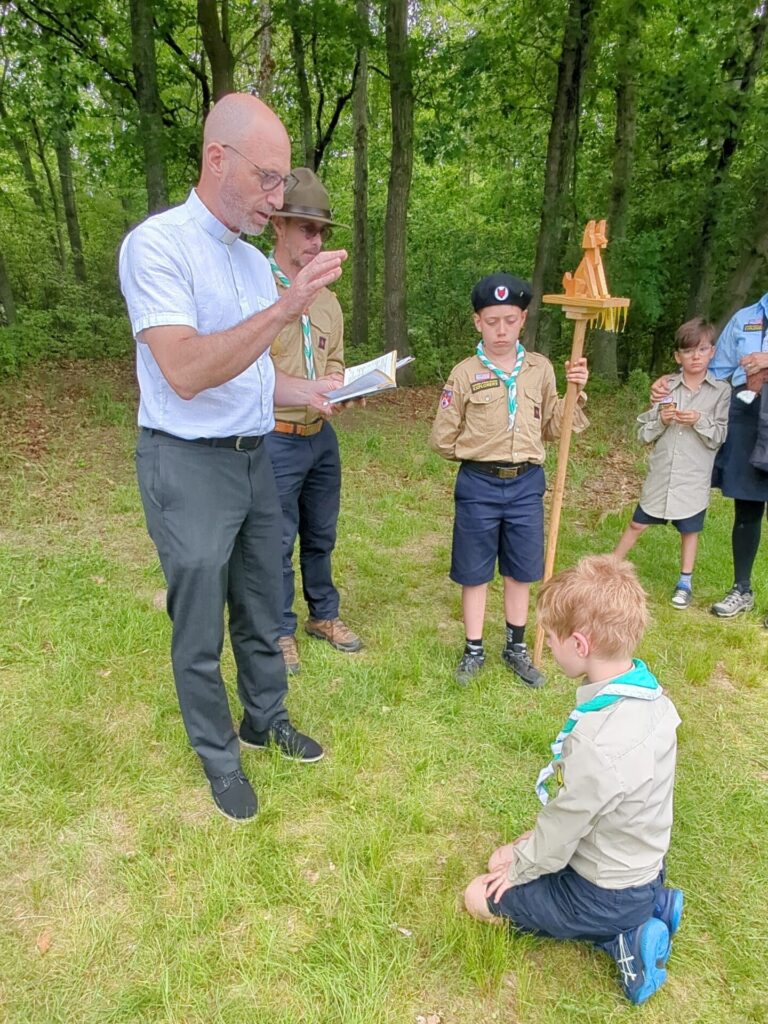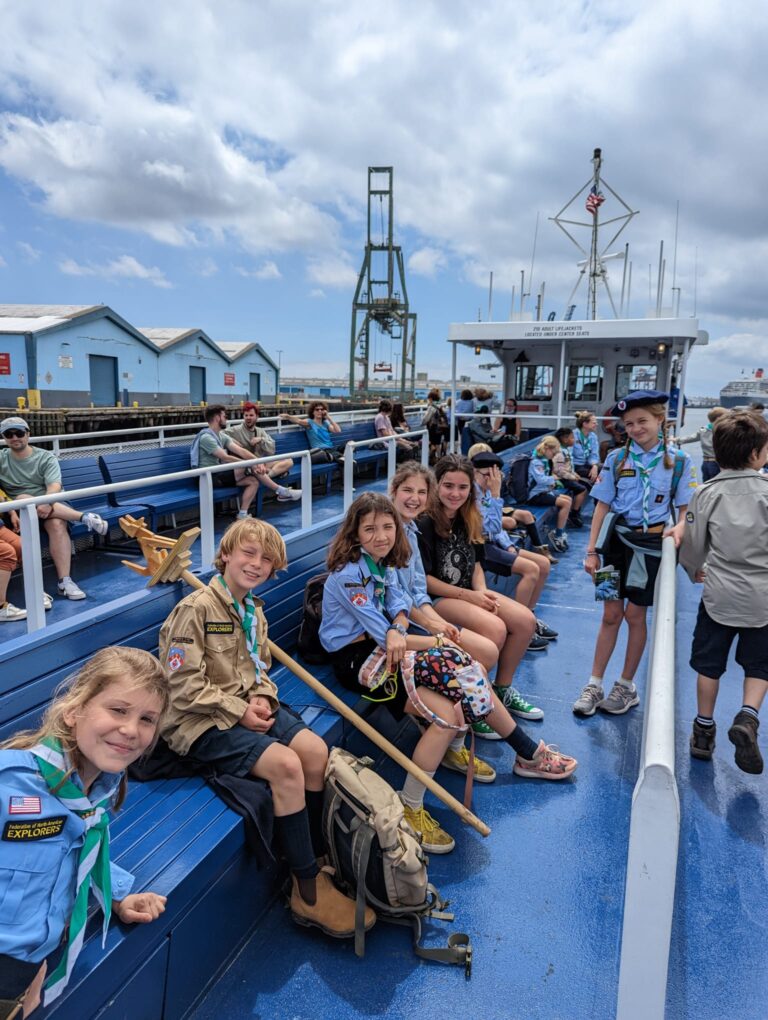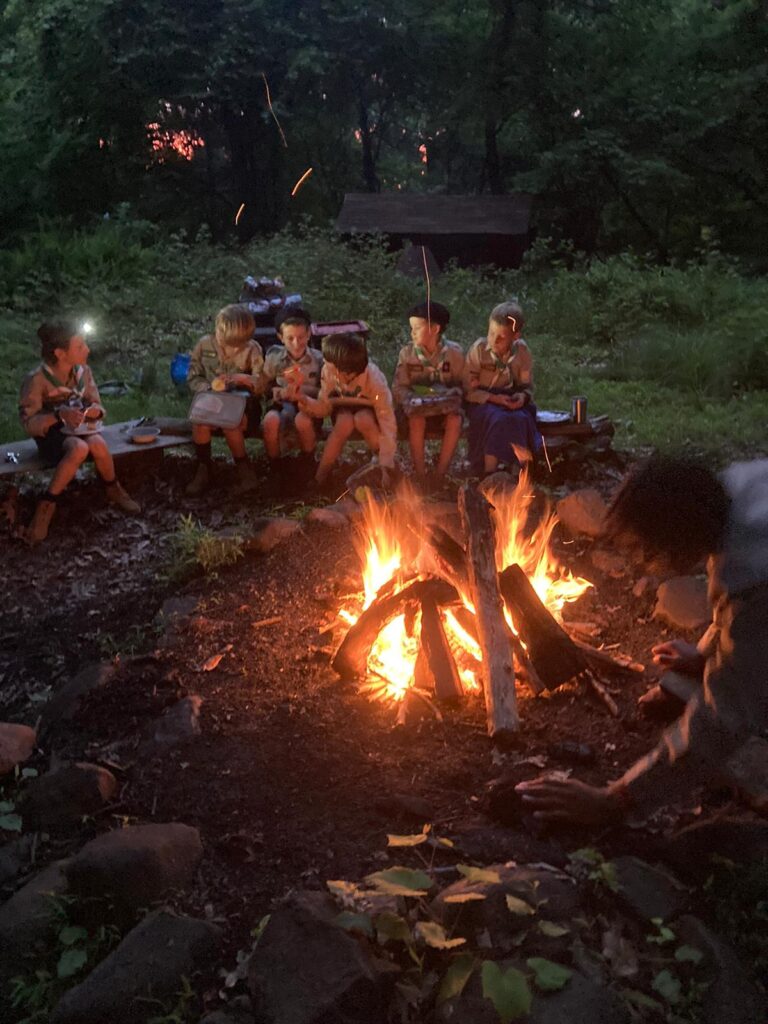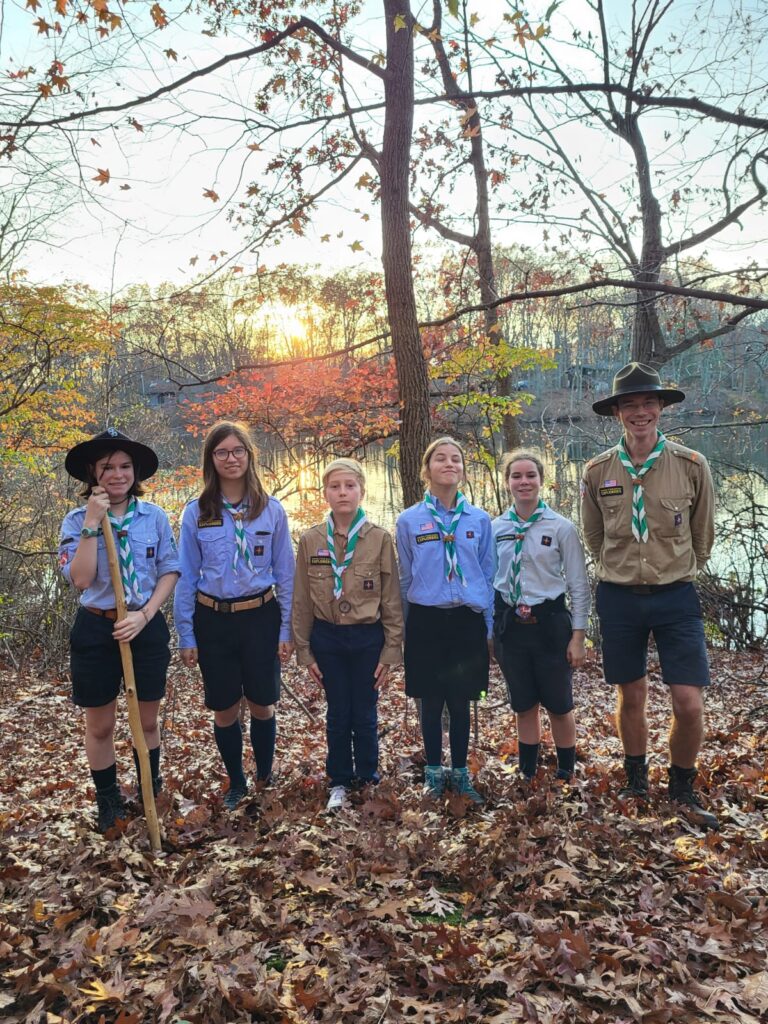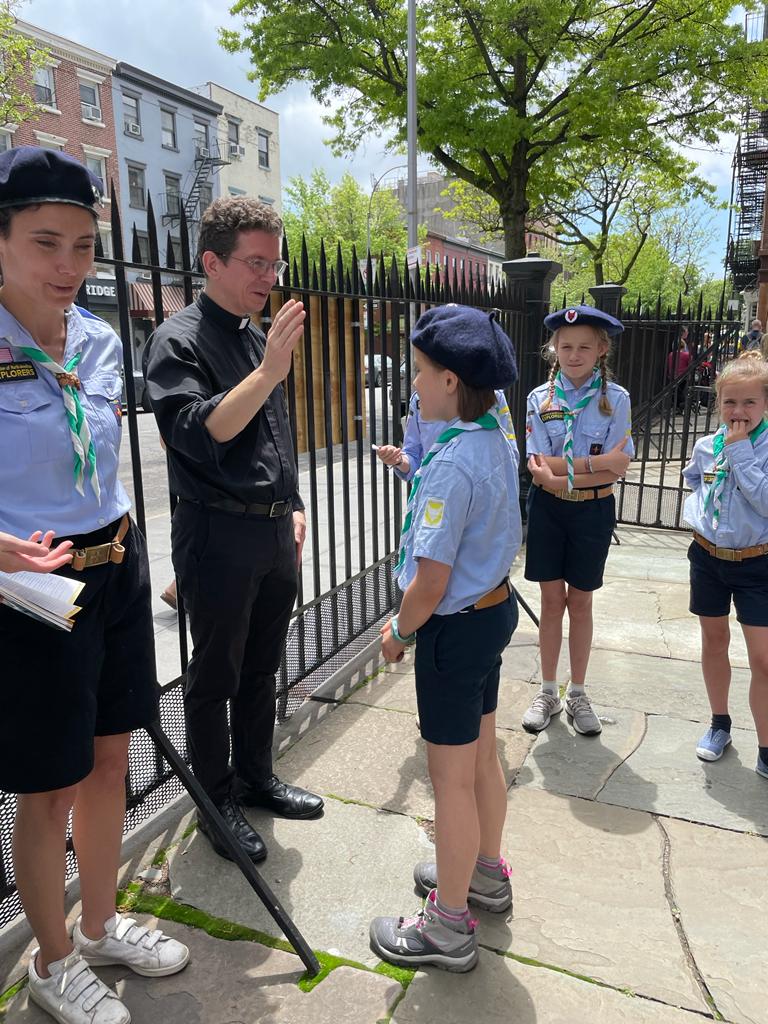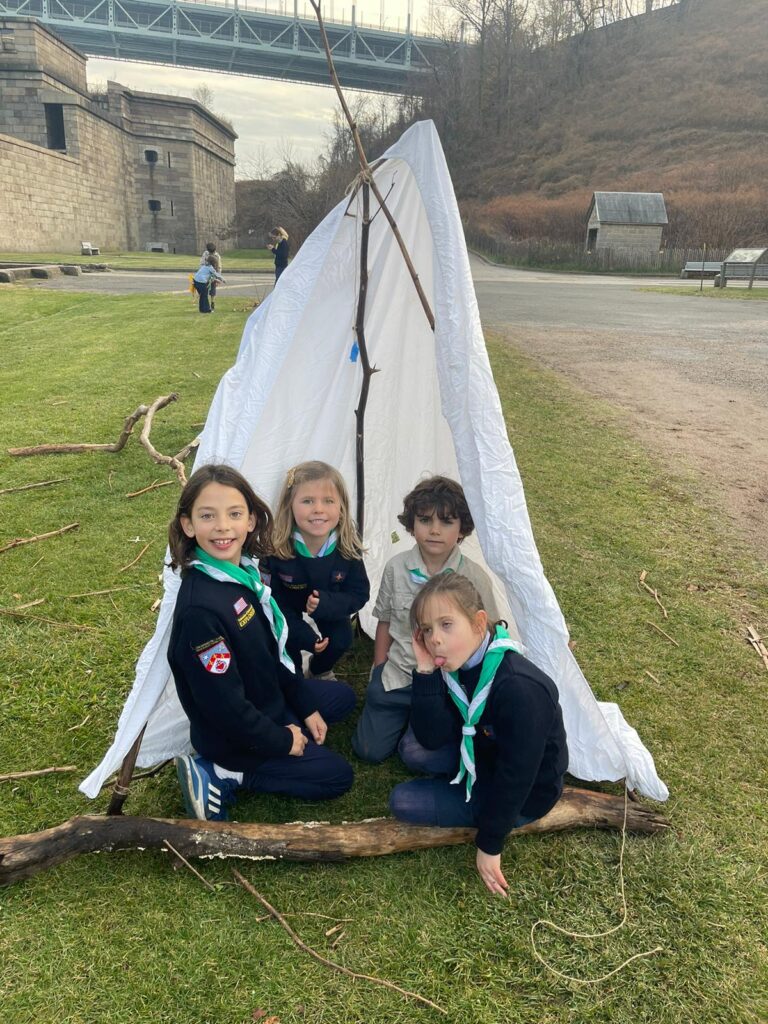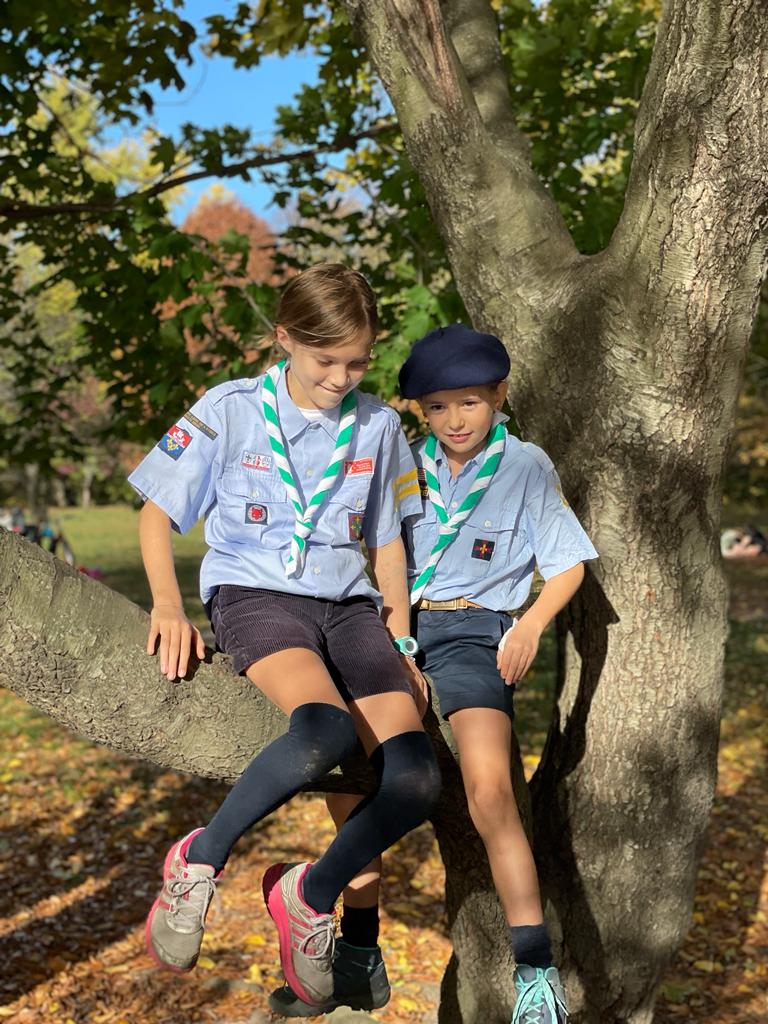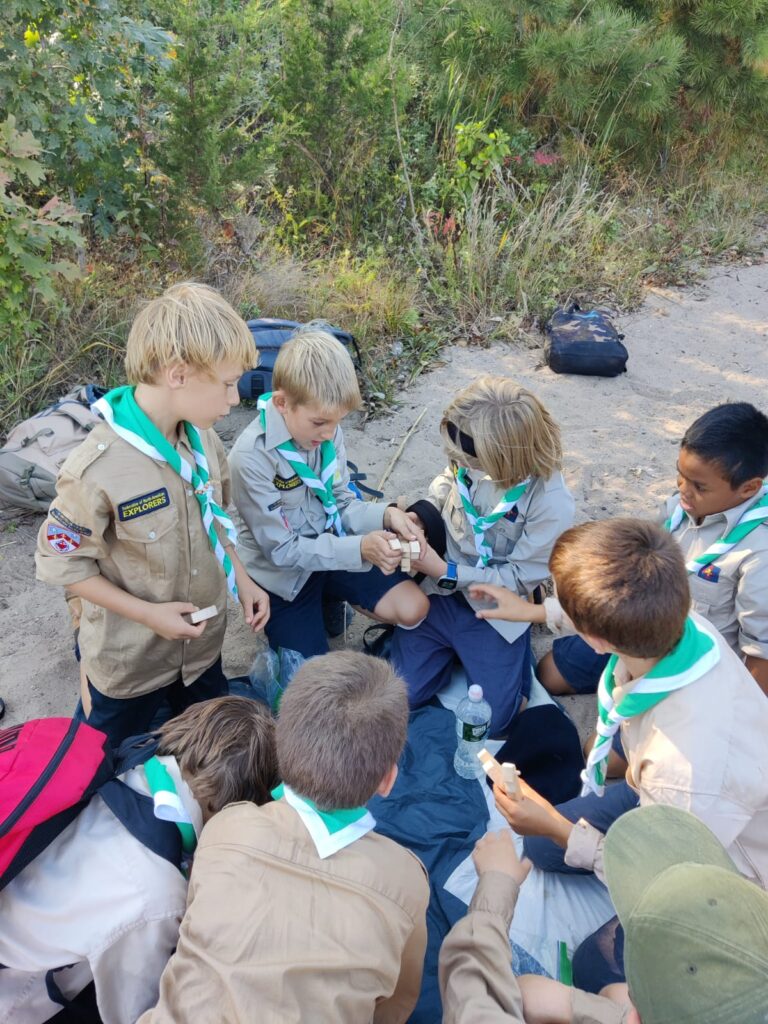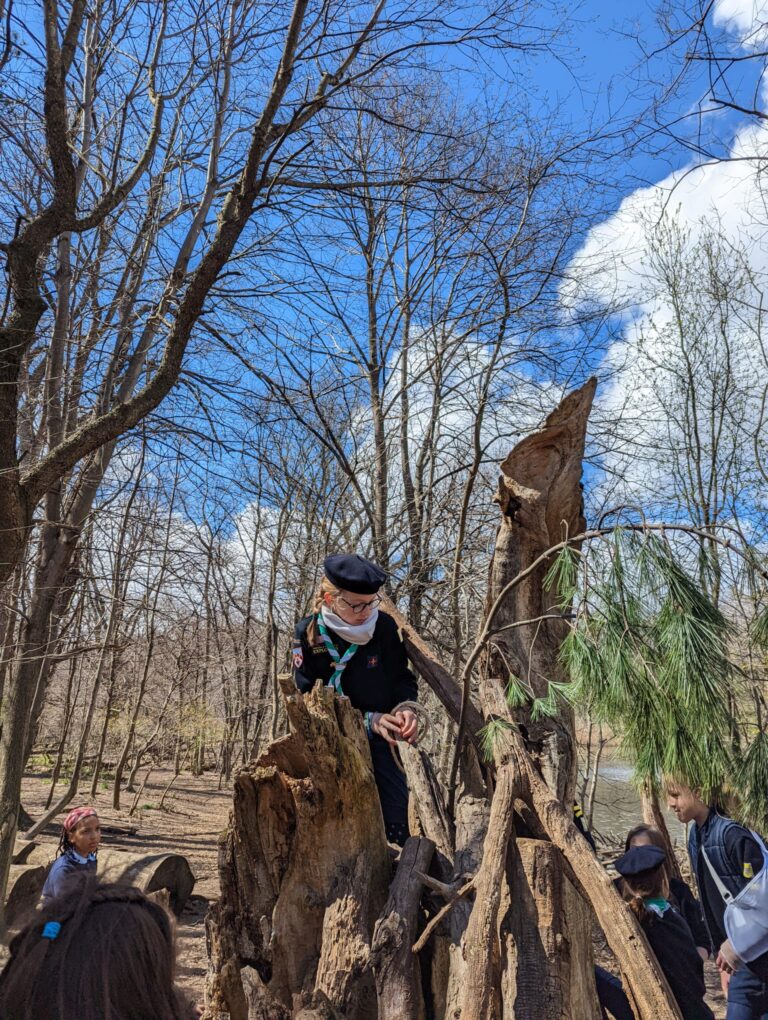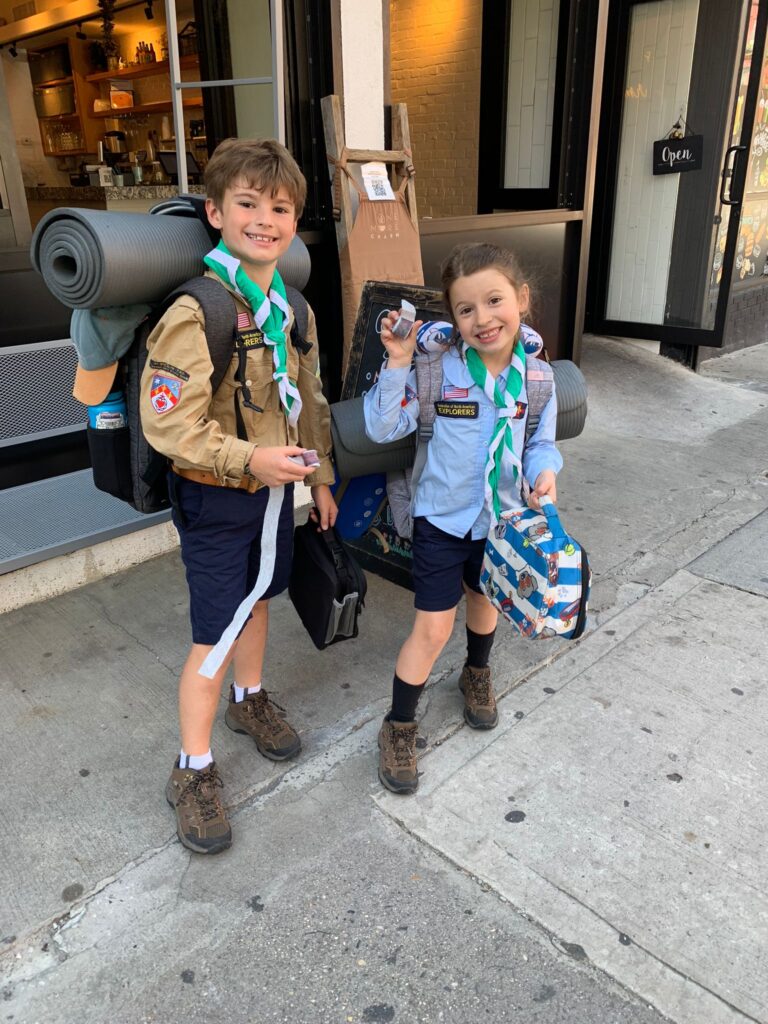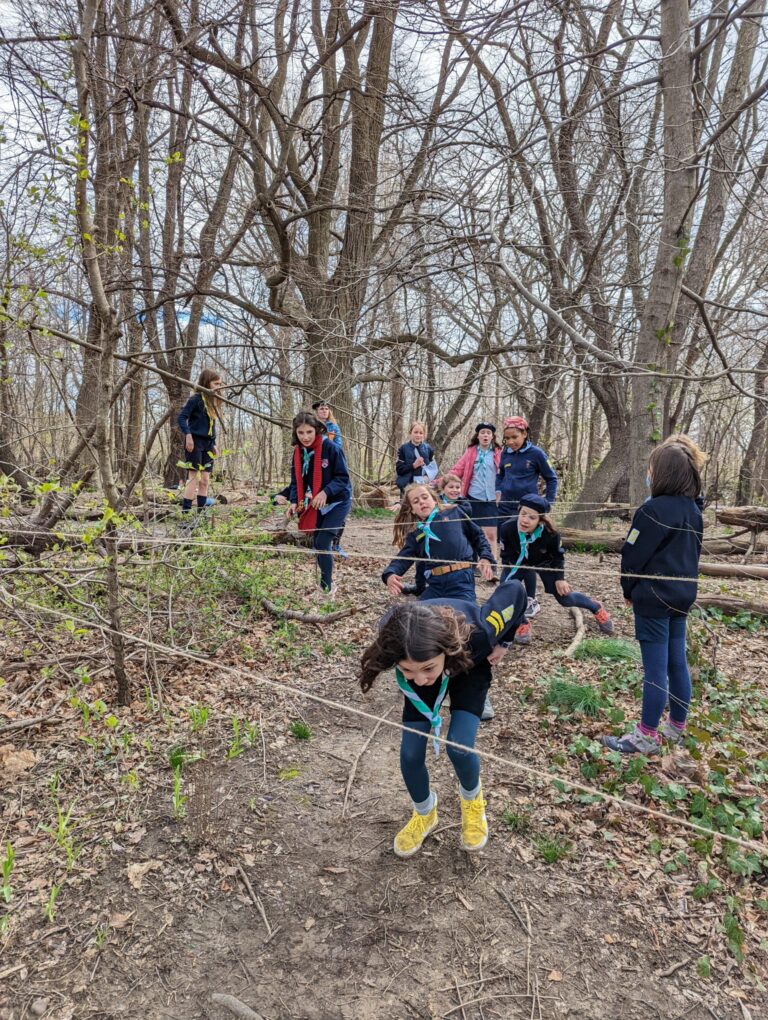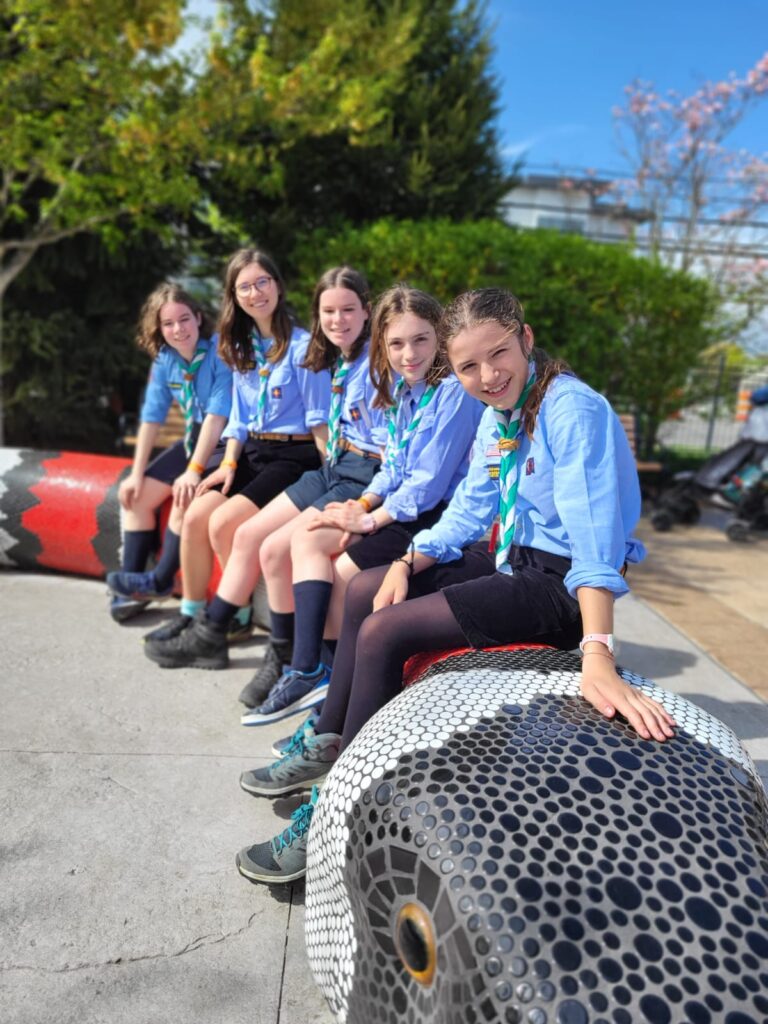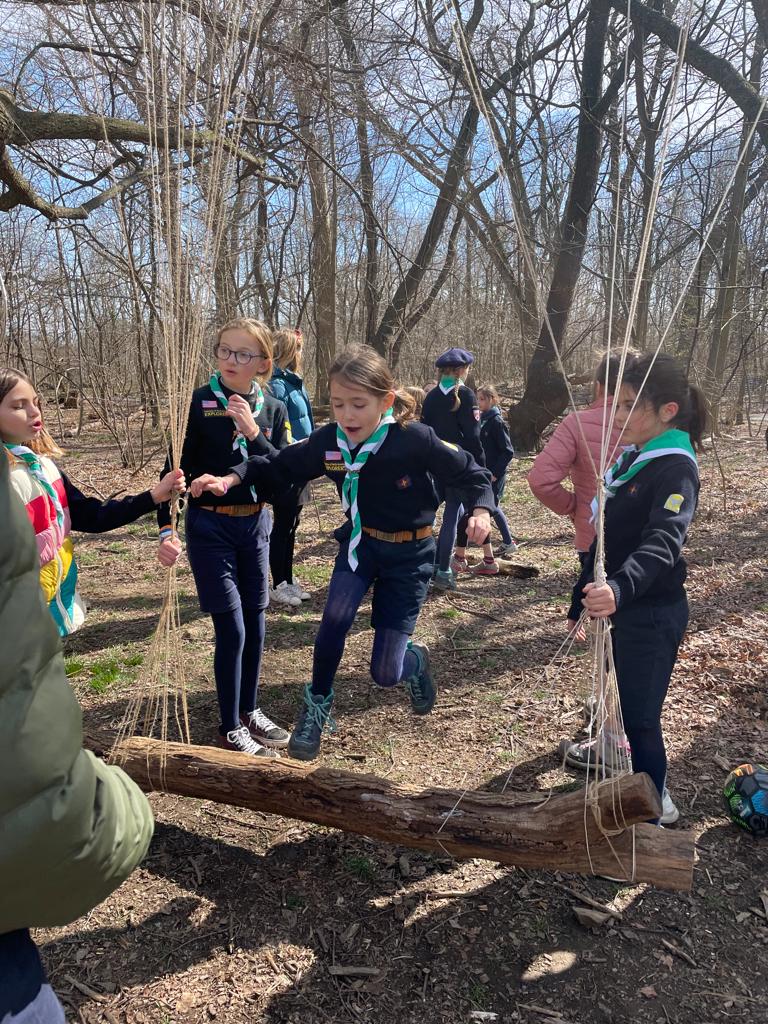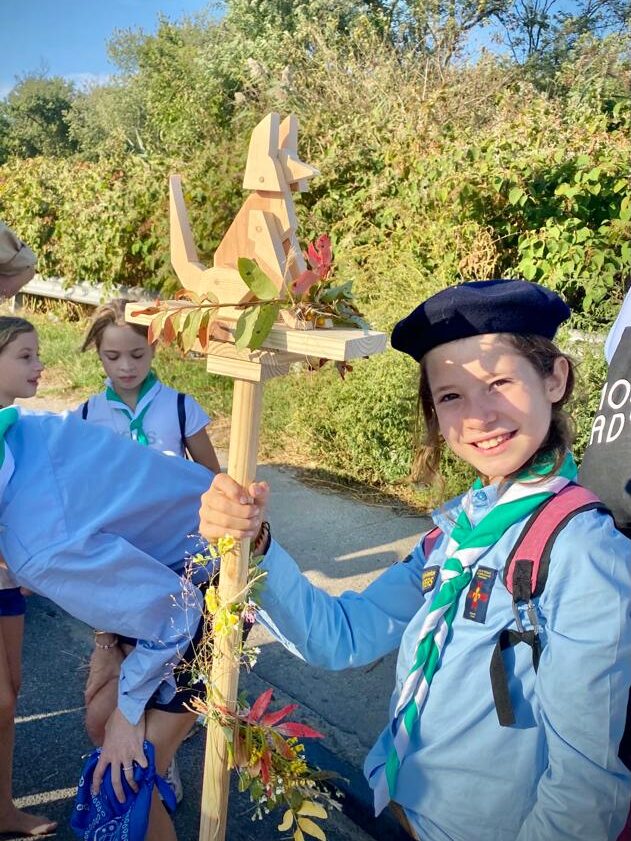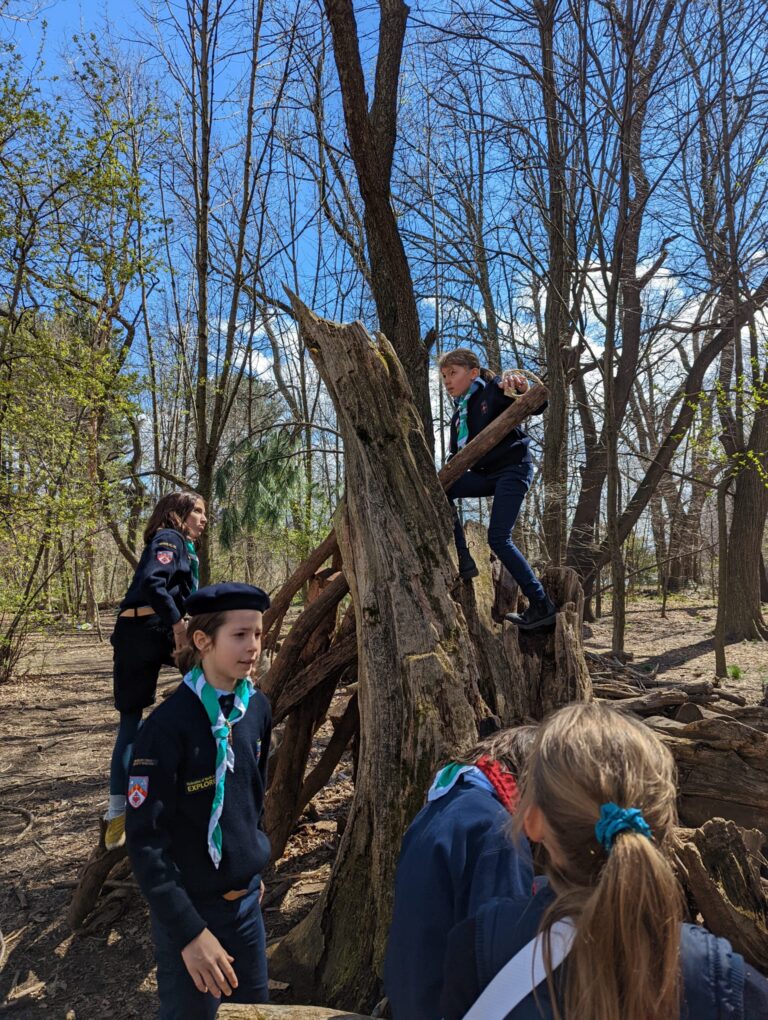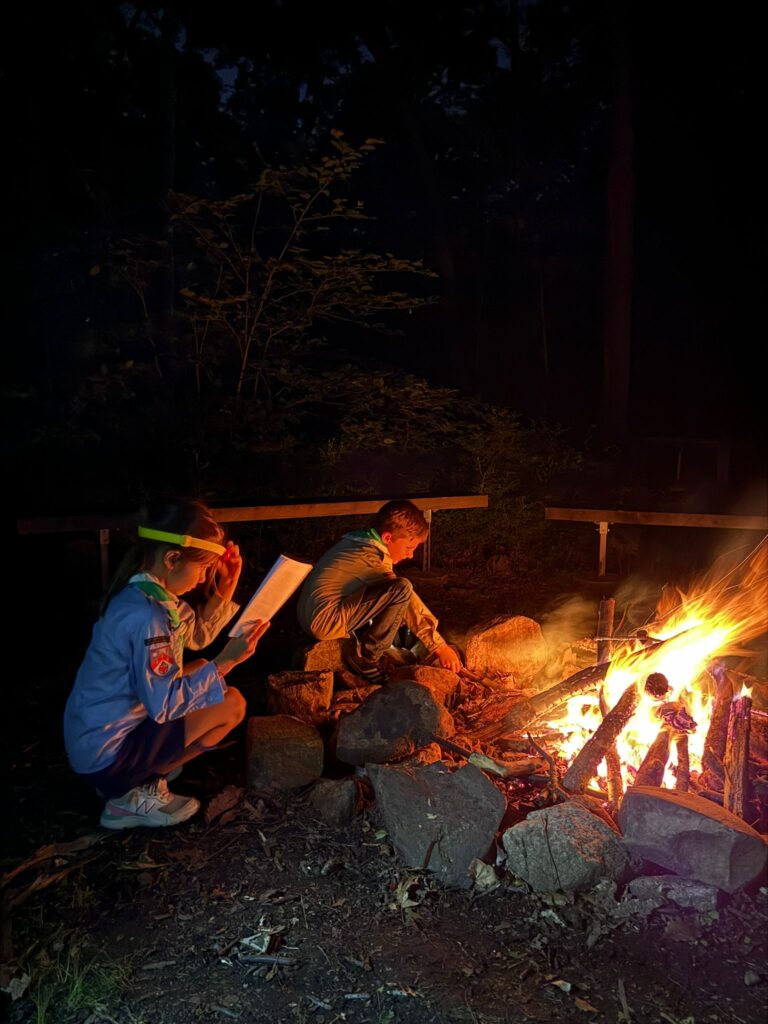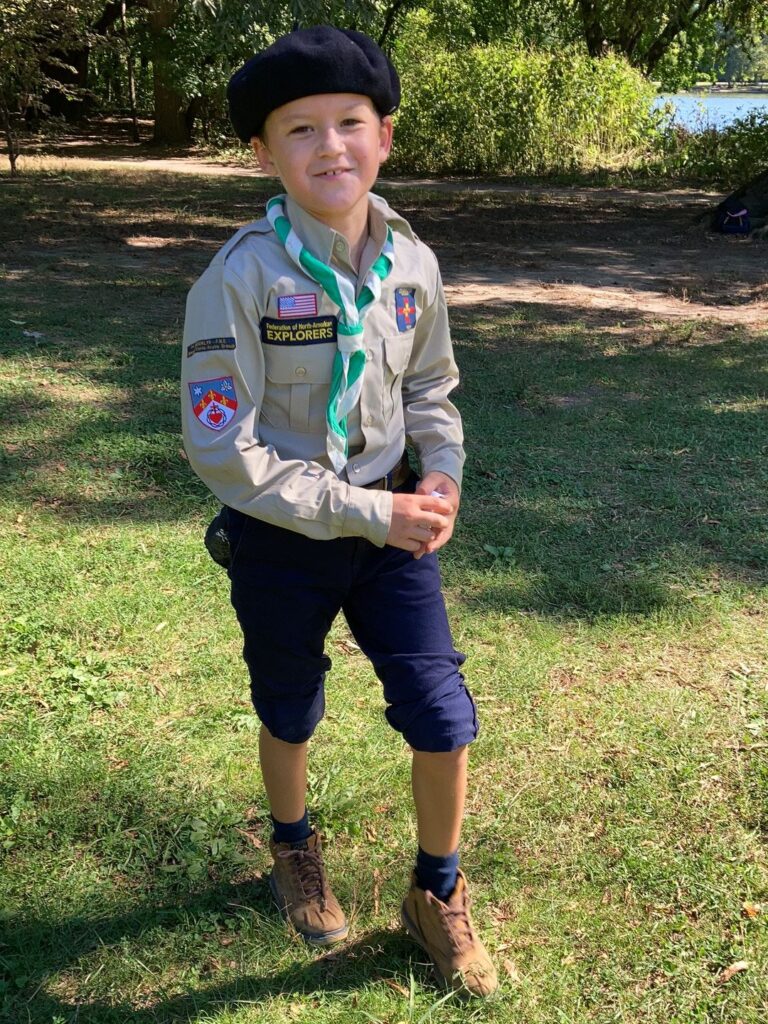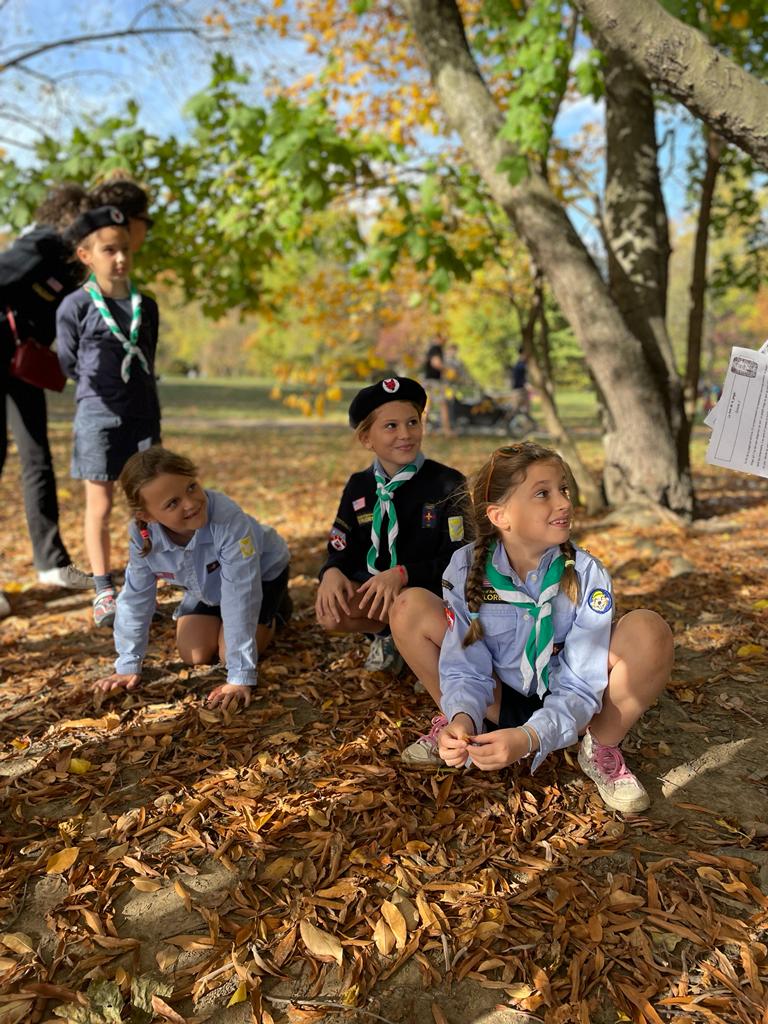Five goals, adapted to each age group
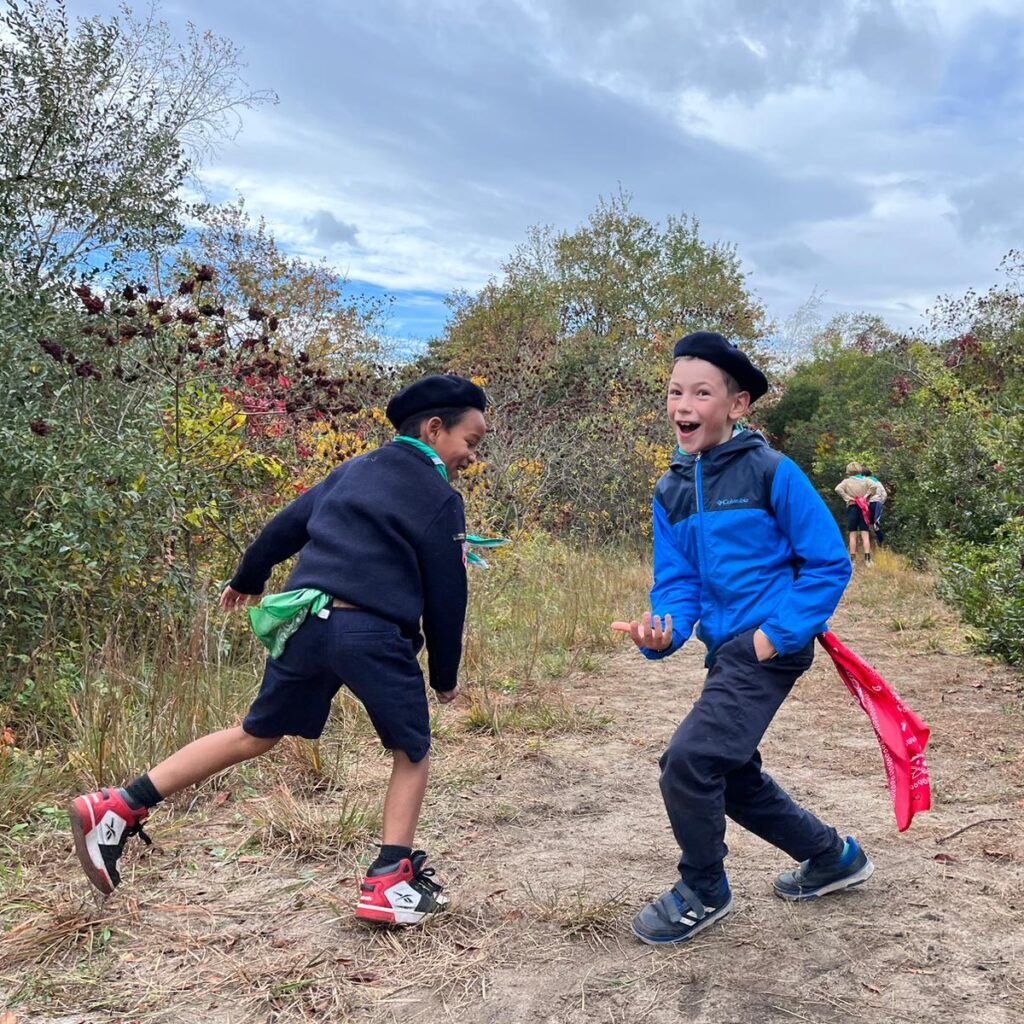
Health and Physical Development
Outdoor life and contact with nature allow explorers to respect their environment while developing physically. The Explorers method teaches children and young people to master their bodies through healthy physical exercise. Additionally, it promotes good habits (e.g., handwashing, toothbrushing) to take care of one's health.
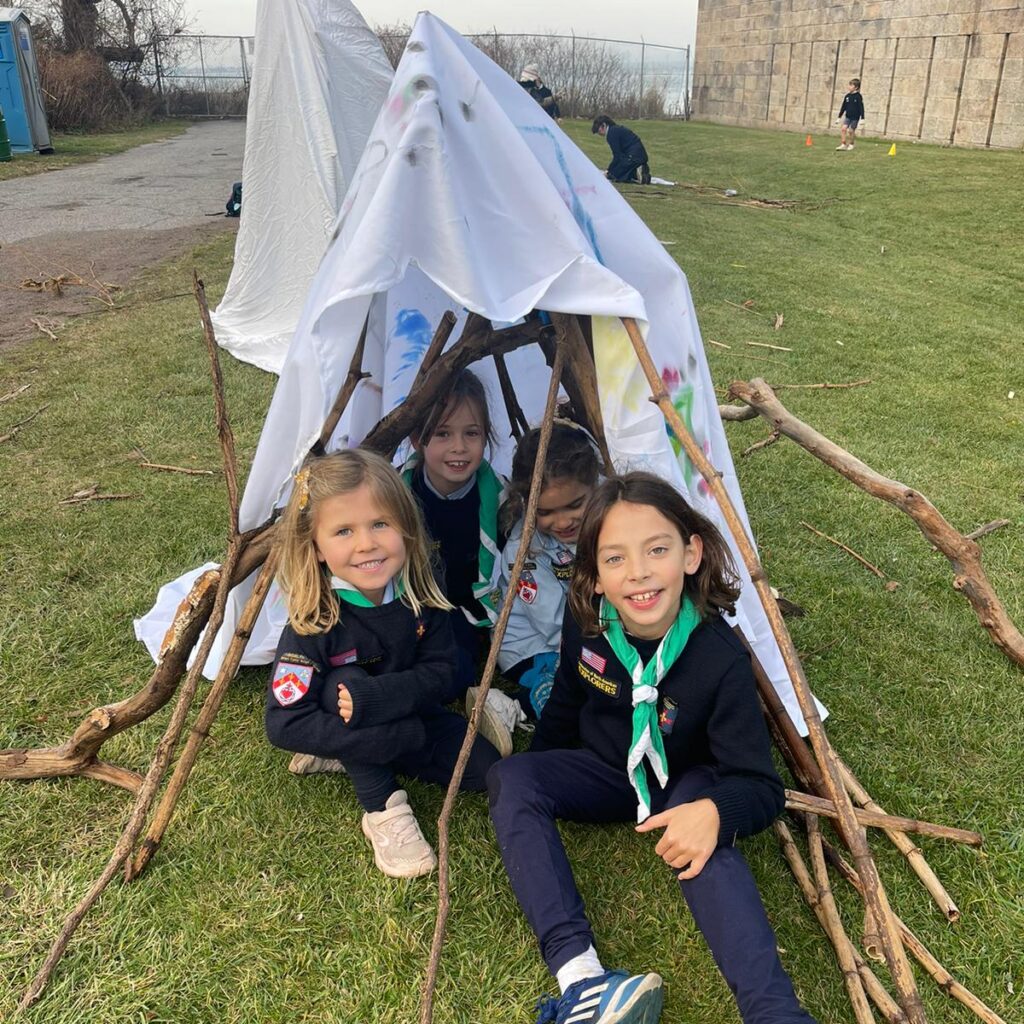
Sense of Practicality
Explorers develop their skills by building, setting up, planning, and thus honing their manual dexterity and anticipation. Explorers' activities are far from virtual and often serve others. Faced with reality, they make age-appropriate decisions: packing their bags, organizing a campfire, shopping, crafting, orienteering, and more.
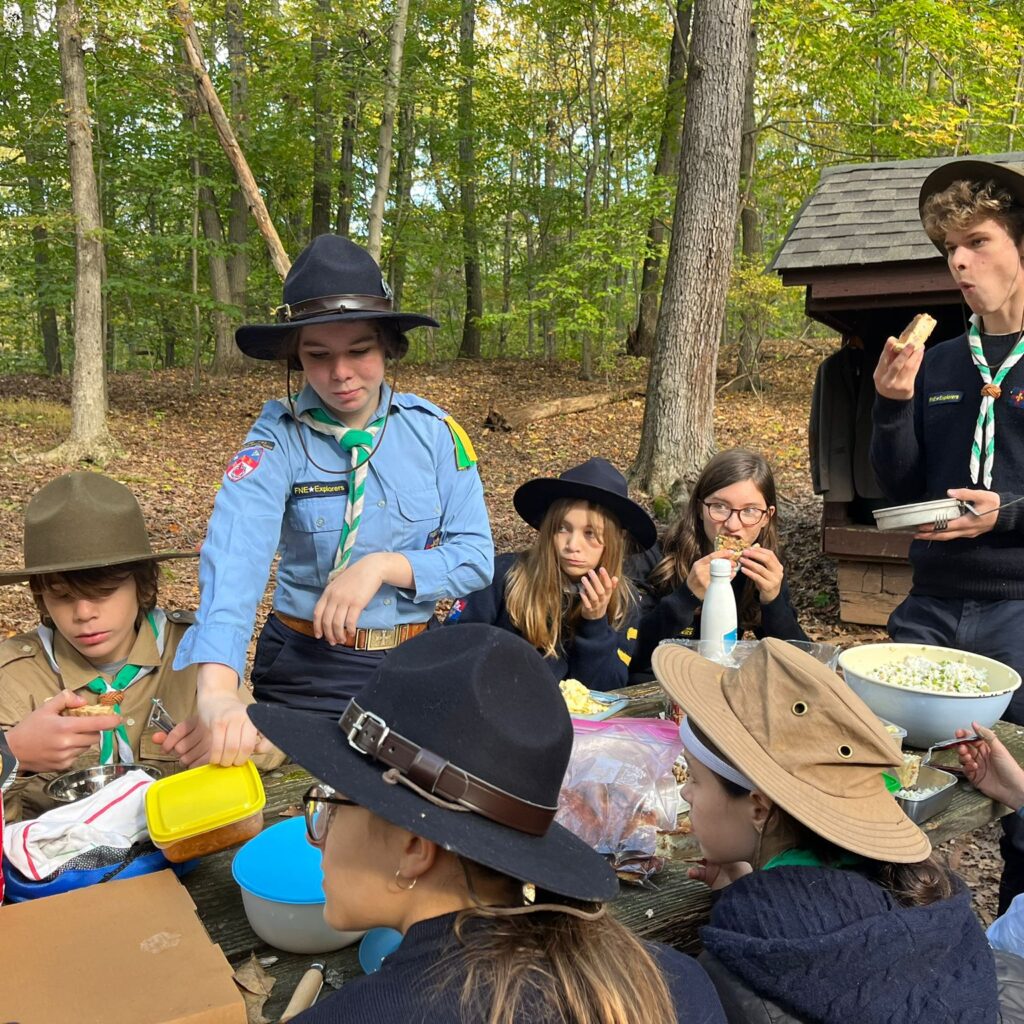
Character Formation
Through interactions with other explorers, both in individual and group activities, scouting strengthens courage, willpower, perseverance, humility, and self-confidence. It also teaches the joy of living and encourages everyone to radiate a positive attitude. Finally, it teaches children and young people, who are overwhelmed with information, to use their judgment and critical thinking skills.
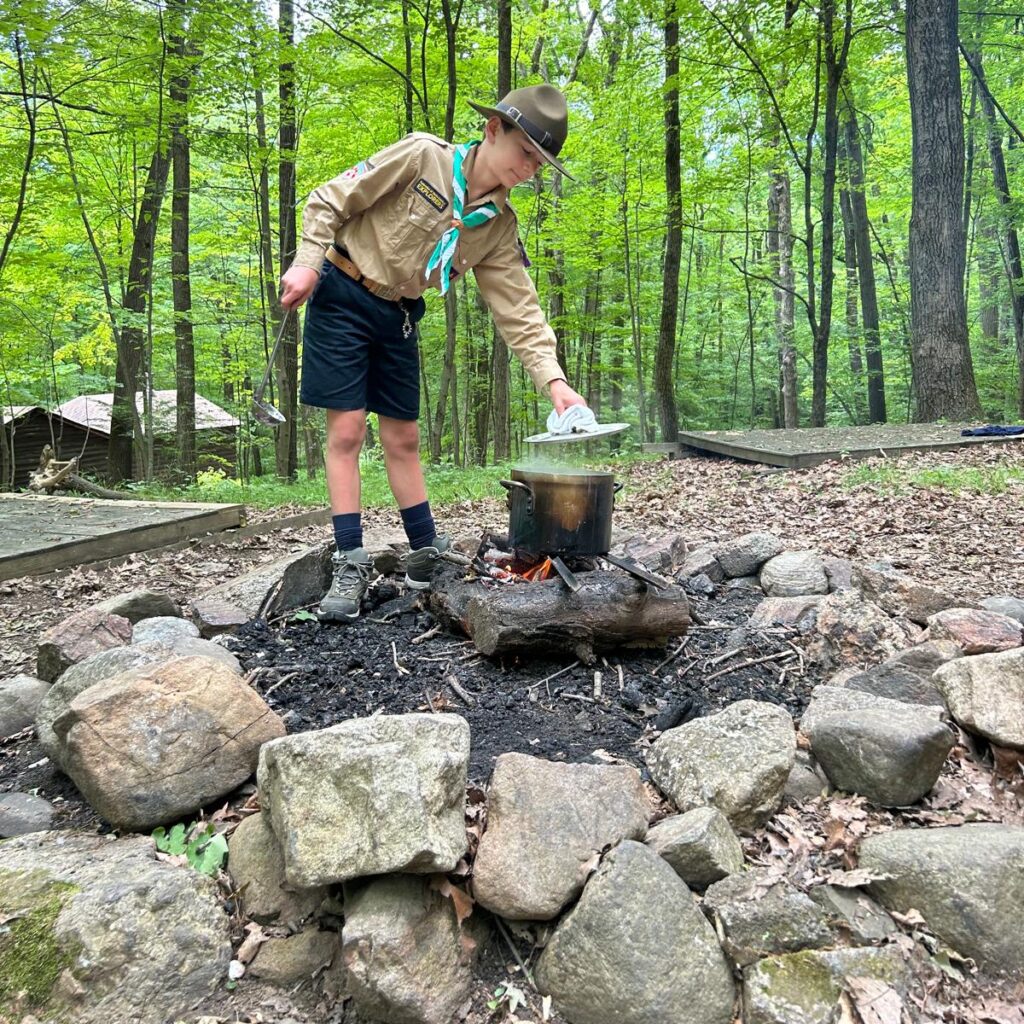
Sense of Service
Explorers also involve being open to the needs of others, especially the most vulnerable. In this perspective, they cultivate a mindset of service and selflessness.
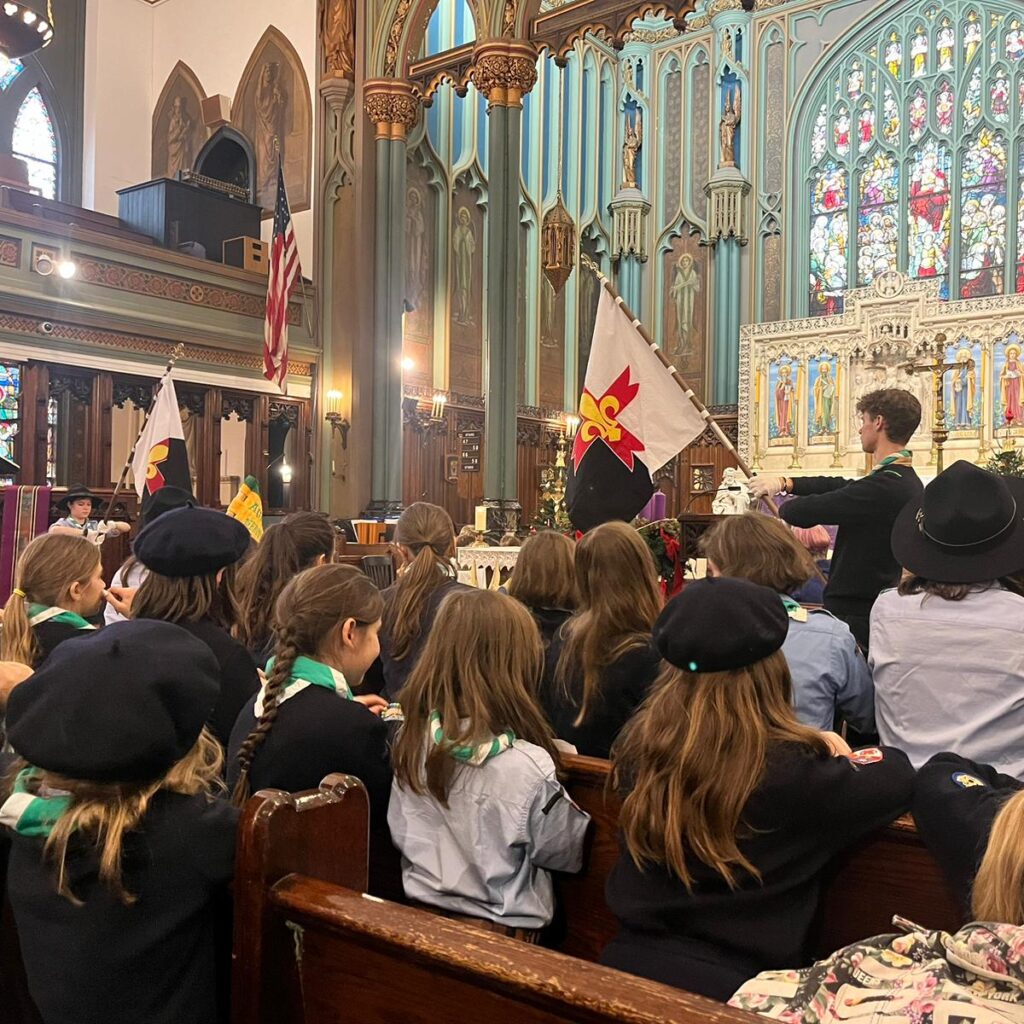
Sense of God
Explorers, focused on nature and others, learn to recognize God's work in nature and in others. Through activities, scouts grow in the daily practice of their faith, at their own pace, in the light of the Gospel and the teachings of the Catholic Church.
A method based on trust in one's word
Through age-appropriate pedagogy, the Explorers method gradually educates children and young people about commitment and responsibility, tailored to each individual's capabilities. The Explorers’ law and principles, which the young person freely commits to uphold on the day of their promise, establish a framework of trust that enables them to take on responsibilities and progress towards autonomy.
Education through example
The chiefs who engage with children and young people serve as witnesses to the Explorers’ ideal that they themselves have chosen to live. They impart their technical, spiritual, and human knowledge. Often assuming a familial role, they are well-equipped to guide children and young people towards their adult lives.

